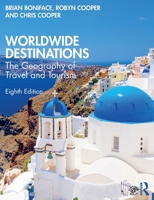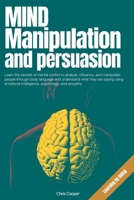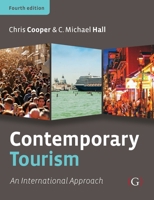Basic Book of Macrame and Tatting
Select Format
Select Condition 
Book Overview
Customer Reviews
Rated 5 starsThe Egg and I
As of today, this is the best kids' book I've read in 2007. Although the extraordinary (egg-straordinary?) egg illustrations are the main attraction, the text is noteworthy as well. One can picture a kindergarten teacher softly reading the first few lines--the kids settling down, all big-eyed, looking at the large black spotted egg the accompanies the haiku-like opening: "An egg is quiet It sits there, under its mother's...
0Report
Rated 5 starsThese are the yolks, folks
You know how it is. A wave of newly published children's books hits bookstore shelves nationwide and somehow you miss some of the lovelier offerings in the mix. Basically, by the time you've gotten your bearings and have waded through most of what's out there, a fresh and entirely NEW crop of books fill the shelves and you're left wondering what might have eluded your grasp. What did I personally miss? I missed "An Egg...
0Report
Rated 5 starsCrack open this multi-layered wonder
There are just so many ways/reasons to read this multifaceted marvel! For the very youngest listener, elegant, lyrical prose describes an egg in concrete, easy to understand prose. The second layer of text gives the reader additional information about the various inhabitants of eggs and their incubation. Upon closer inspection, the names of the animal hatching from each egg are provided for would-be classifiers. This book...
0Report
Rated 5 starsAn Egg is...A Hust Have!!
What a gorgeous book! And just in time for Easter! From the concise text to the colorful illustrations, this book holds my daughters attenion while teaching us both a thing or two. The naturalistic and realistic approach of the pictures was a refreshing change from the cartoon character filled world that is often pushed on children. We are egggstatic about this eggcellent book!
0Report
Rated 5 starswonderful natural history reference book for pre-K - early elementary
This is an absolutely gorgeous book with a variety of interesting drawings to look at and talk about with your young child. The drawings of various eggs found in nature are beautifully detailed and there is plenty of information about different egg designs and the habits of a variety of egg-laying species. Children are naturally fascinated by nature and this is the kind of book that piques their interest. My three-year...
0Report










![Hardcover Basic Book of Macrame and Tatting [French] Book](https://m.media-amazon.com/images/I/61GsnT23kGL._SL350_.jpg)

































